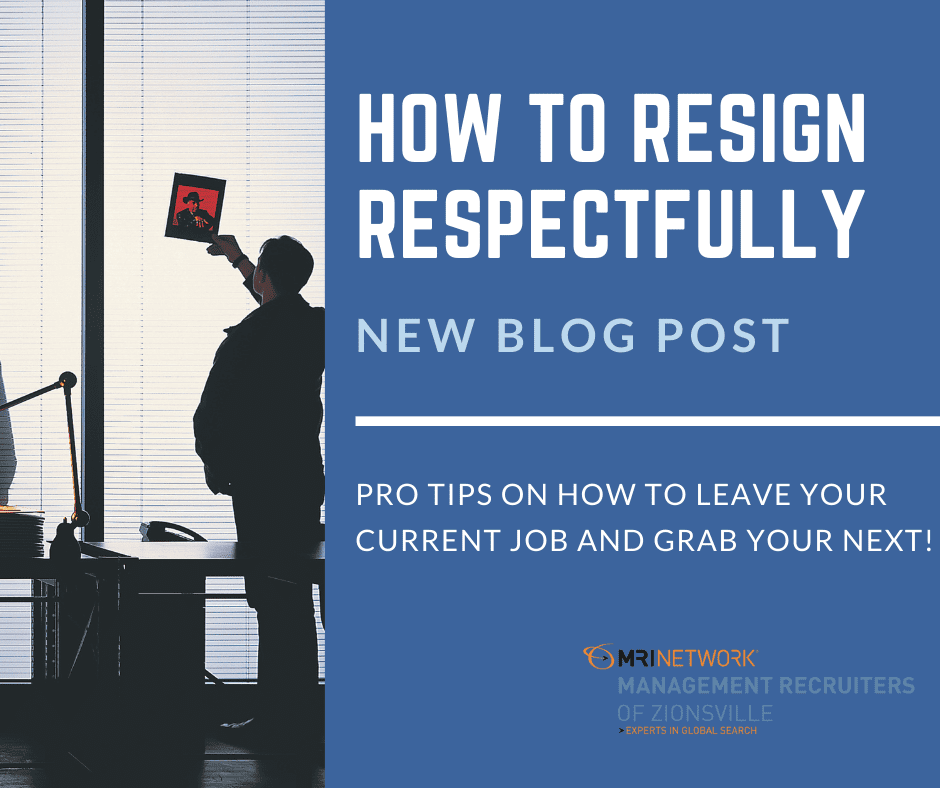How To Respectfully Resign (Quit Your Job Nicely)

It can be difficult when you’re ready to move on to your next company or career path to remember you need to respectfully resign. You don’t want to burn any bridges, so you want to make sure you quit your job as nicely as you can. You never know when you might need a reference or if you might need to do business with the company you’re leaving in the future.
Here are a few important tips to remember when you respectfully resign:
Be Discreet
It makes sense you’d want to vent to your coworkers as you’re all in the same boat and are looking for emotional support and natural stress relief. However, venting is different from announcing your plans to quit, especially if your boss finds out. Workplace etiquette 101: Break the news to your manager before telling your coworkers. The other way around is very bad form.
Bonus tip: Ask your boss how she’d like you to notify the rest of the team. Certain managers want to be the person who breaks the news.
Don’t Go on a Rant
Rest assured, your boss is going to want to know why you’re leaving, but saying, “I hate it here”—or some variation of that sentiment—will only burn bridges.
Instead of making it about what you dislike about your job, explain why you couldn’t resist your new job opportunity. Your boss will be more receptive when you present it that way.
Write a Resignation Letter
In addition to having a conversation with your boss, you’ll want to put your announcement down on paper so Human Resources has it on your record. A resignation letter should include the following:
- a statement of intent that you will be leaving your job
- the name of your official staff position
- the date of your last day on the job
- gratitude to your employer for hiring you
- an offer to train your replacement
- well wishes for the future of the company
- your contact info
Give at Least Two Weeks’ Notice
With few exceptions (an abusive work environment, illegal company activity, etc.), quitting a job you hate by walking out on the spot is not cool. Timing is crucial for when you announce your intent to depart especially if a resume gap may be part of your story..
Two weeks’ notice is the standard amount of time, but some companies even have a set policy for how much notice is required. And, if you have the flexibility, you could offer to stay on for longer to help train your replacement. (Even if your boss doesn’t take you up on the offer, she will appreciate the gesture.)

